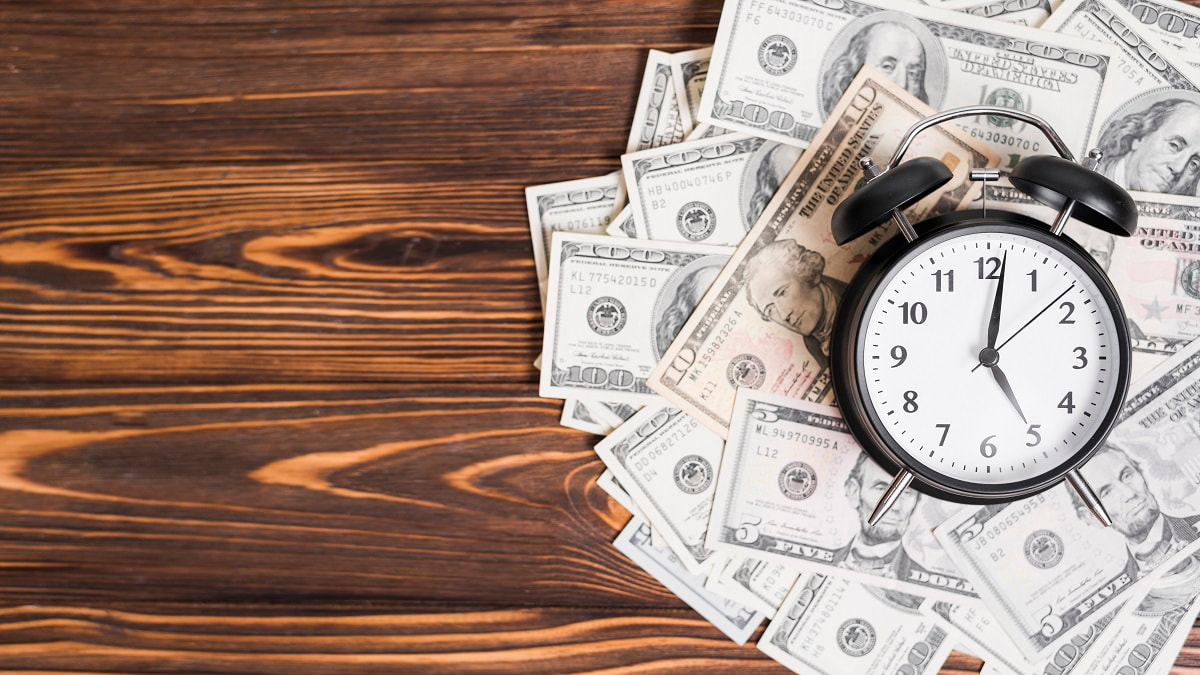|
“US-China trade war is speeding up a trend that was already well under way, namely to move factories out of China,” said Adam McCarty, chief economist at Mekong Economics in Hanoi. Few countries have benefited more than Vietnam from the year-old trade war between the United States and China. Companies, already under pressure from rising production costs in China, have been scrambling to identify factories to work with in the Southeast Asian country to avoid heavy tariffs. Besides, 52 percent of Vietnamese goods are enjoying an import substitution effect as a result of the high tariffs imposed by both the United States and China against each other. Among the economies studied in Nomura Securities, Vietnam is the biggest beneficiary from the trade war — with a possible increase of up to 7.9 percent in the country’s GDP.
In the first five months of 2019, Vietnamese exports to the U.S. have surged 36% compared with the same period last year. With $25 billion in shipped goods through May, Vietnam has become the eighth biggest source of American imports, up from 12th place a year ago. Better regulations for foreign investors Vietnam will maintain its policy of encouraging foreign investment and continue to improve its investment environment to facilitate investors, said Prime Minister Nguyễn Xuân Phúc. Government has been undertaking much reform of its complicated tax system in recent years, and this has been reflected in a rise in the World Bank’s Ease of Doing Business rankings. Those rankings state there are 10 corporate tax payments to be made each year, with other tax burdens including VAT (Value Added Tax) and social insurance. The country’s Ministry of Finance notes that the Tax Department has issued regulations that create favorable conditions for businesses, including listing invoices of goods and services purchased and sold together along with the VAT declaration, and a simplification of procedures for calculating VAT and CIT (Company Income Tax). There has also been much work undertaken in the IT side of tax reporting, with electronic tax declaration fully implemented. In addition, proposals to amend and supplement current laws on CIT, VAT, special sales tax and natural resources tax regulations comes into force on January 2019; these proposals aim to clarify unclear tax issues and reduce the tax compliance burden for businesses with operations in Vietnam. The World Bank’s Doing Business rankings has Vietnam at No 104 in the world for ease of starting a business (69 overall globally for doing business), but it does note that reform is underway - it only takes eight procedures now, where it was over 100 a few years ago. You must have a company address and a lease signed before you register your entity. It’s also worth noting there are conditions and limits placed on some foreign investments, with some undertakings - dealing with certain types of drugs, chemicals and minerals, some biological businesses, and firecrackers - banned from accepting foreign injections. The entrance of foreign investors, many service sectors such as finance-banking, insurance, auditing, maritime transport, logistics, education-training, healthcare and tourism have developed remarkably recently. Vietnam named among fastest growing economies in 2020 Report from Standard Charter predicts that Vietnam’s per-capital income will surge to US$10,400 in 2030 from roughly US$2,500 in 2018. According to Institute of Chartered Accountants in England and Wales’ recent Economic Insight: South East Asia report, the Vietnamese economy is expected to grow at around 6.7 percent this year, the fastest rate in Southeast Asia. In fact, its economy grew at 6.8 percent in the first quarter driven by strong manufacturing, steady services and higher agricultural output. Southeast Asian economies except Vietnam have seen exports drop in the second quarter of this year compared to the same period last year while Vietnam’s exports grew albeit slower than in 2018. Foreign direct investment (FDI) and manufacturing are expected to remain big drivers of economic growth. According to the Foreign Investment Agency, FDI disbursed in the first two months of 2019 increased by 9.8 percent year-on-year to around US$2.6 billion. More and more giant foreign companies coming to Vietnam Over the past time, the local market has seen giants Singapore-based Grab, and Sea Group joining hands and acquiring Vietnam startups. Grab purchased e-wallet application Moca’s shares from Access Venture Capital for hundreds of thousands of US dollars. Besides, Shopee’s parent company – Sea Group – also spent $64 million to acquire 82 per cent of the shares of Foody Corporation – the owner of food delivery firm Now. The firm also purchased the local delivery firm Giaohangtietkiem at an undisclosed price. In addition, Malaysia-based real estate company Property Guru acquired its online real estate searching website batdongsan.vn after years of investment. Speaking of logistics vertical, foreign companies are taking up 70%-80% of Vietnam’s market thanks to a series of merger and acquisition (M&A) deals over the past years, leaving domestic firms struggling with fierce competition. International firms account for only 2%-3% of more than 1,300 logistics companies in Vietnam but they dominate the logistics and warehousing market which is likely to reach US$86.7 billion by 2022, according to Pieter Pennings, consulting director at CEL Consulting. Comments are closed.
|
Archives
September 2023
Categories
All
|


 RSS Feed
RSS Feed